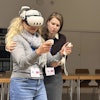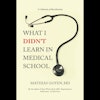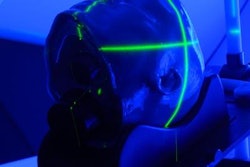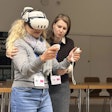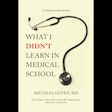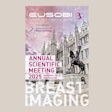
The U.K. Royal College of Radiologists (RCR) has offered advice on nonurgent and cancer imaging during the COVID-19 pandemic, as well as specific guidance for trainers and trainees in dealing with the impact of the virus on training programs.
During the pandemic, routine hospital attendance for patients should be stopped to reduce COVID-19 transmission, the RCR noted; national specialty guidance advises against routine outpatient work whenever possible. Accordingly, departments should plan to minimize nonurgent imaging as they will have fewer available staff and more demand for in-patient services, according to the college.
The RCR also shared detailed recommendations and considerations for postponing imaging for groups of patients, as well as for individual patients. More details can be found on the RCR's website.
In addition, the RCR has developed advice for trainers and trainees in managing the disruption caused by COVID-19.
"We know that at this time the uncertainties about what will happen around exams, training, and progression are causing considerable anxiety," the RCR wrote. "We are working with the [General Medical Council (GMC)], national training organizations, heads of schools, and training program directors in the U.K. to develop approaches to minimize the disruption to trainees' progression. Trainees' welfare is very important to us and we will do all we can to provide clarity and reassurance to all involved in training."
The pandemic will lead to changes in learning opportunities -- in experience and in assessment -- for trainees in clinical radiology, interventional radiology, and clinical oncology, the RCR said.
"Their ability to complete rotations in specific elements of training may be compromised and, at a time when clinical teams are likely to be stretched significantly, opportunities for specific workplace-based assessments (WPBAs) may be limited," the RCR wrote.
Fellows of the RCR (FRCR) examinations have also been canceled, and supervisors, tournament program directors, and heads of school may have limited capacity to engage with educational processes, the RCR said.


